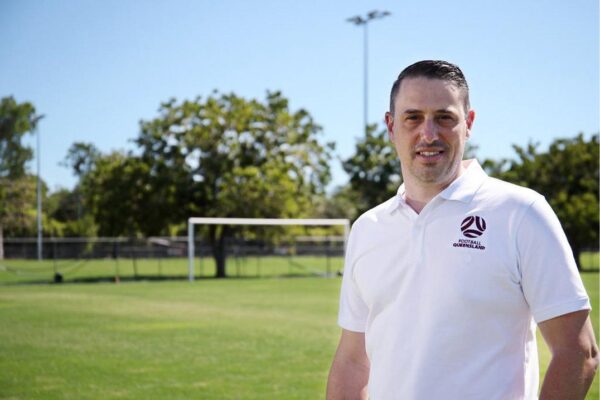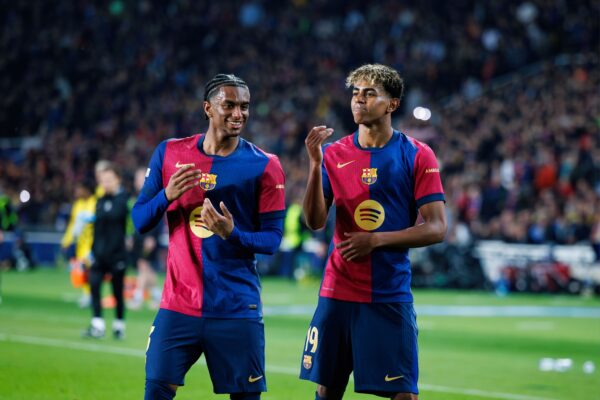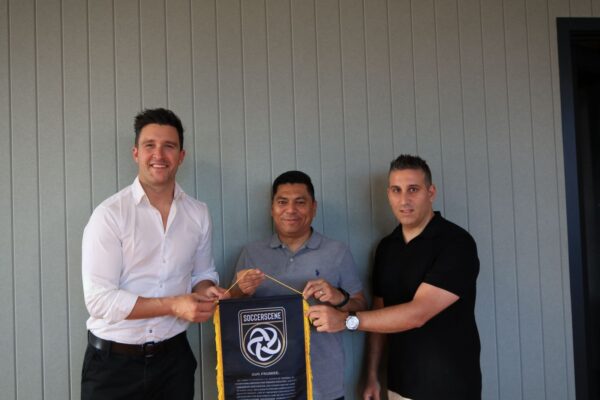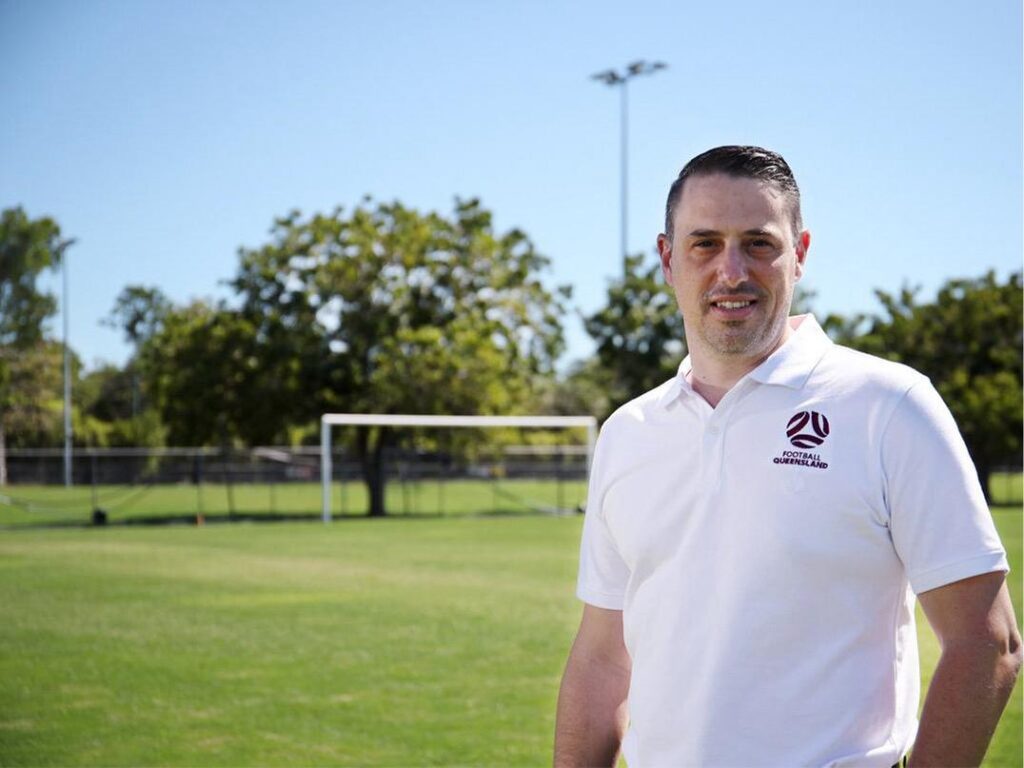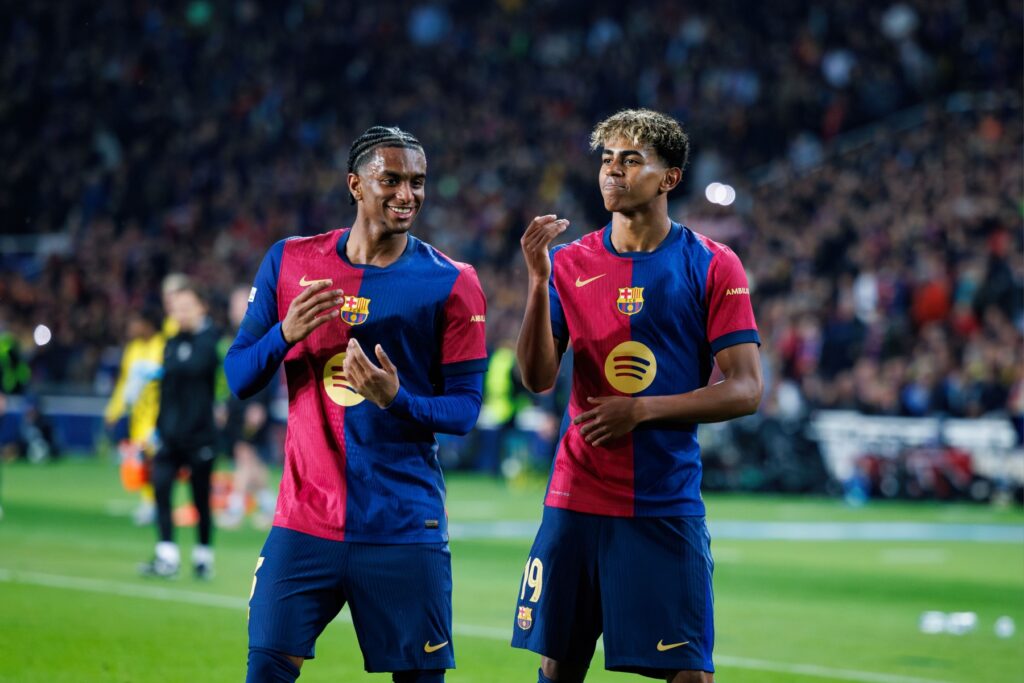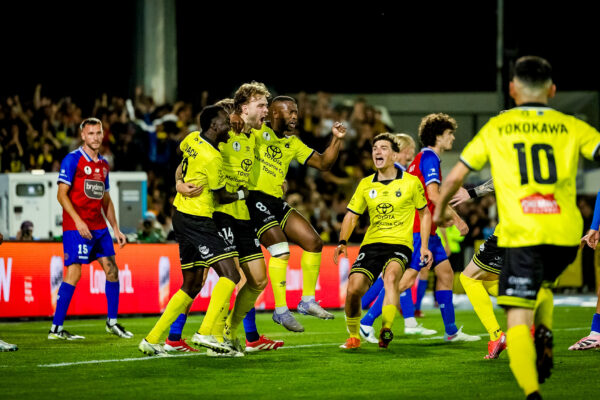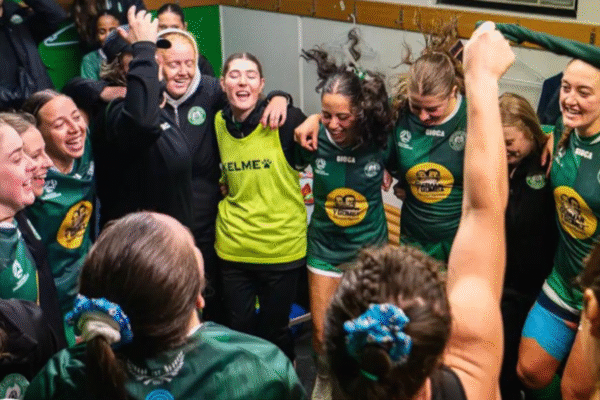
In National Reconciliation Week 2021, Football Coaches Australia is pleased to present FCA XVenture Essential Skills program scholarships to Tiffany Stanley and Bryce Deaton, who both coach for John Moriarty Football (JMF).
Australia’s Reconciliation theme for 2021 is ‘More than a word’. Reconciliation takes action, action which urges the reconciliation movement towards braver and more impactful progress.
Providing Tiffany and Bryce with this FCA XV scholarship opportunity will support them to achieve their goals on their coaching journey.
In awarding the FCA XV scholarships FCA Glenn Warry said: “FCA strongly believes that much more can be done to encourage and support Indigenous Australians to become qualified coaches. At the moment, there are very few Indigenous coaches in the Australian football ecosystem. This is a concerning reality and one we would like to help address now and in the coming years.”
JMF is Australia’s most successful and longest-running Indigenous football program. A transformational skills mastery initiative for 6–18-year-olds, JMF uses football for talent and positive change, improving school attendance and achieving resilient, healthier outcomes in Indigenous communities.
Each week JMF reaches nearly 2,000 Indigenous children in 18 communities across four regional hubs in Dubbo (NSW), Kuranda (QLD), Tennant Creek (NT) and Borroloola (NT).
JMF Co-Founder and Co-Chair and the first Aboriginal to be selected to play football for Australia, John Moriarty, said: “We are very proud of Tiffany and Bryce and their achievements. One of JMF’s biggest strengths is our local coaches of which 63 percent are Indigenous and 40 percent are female.
“Local employment and capacity building is at the heart of what we do and Tiffany and Bryce are wonderful ambassadors for us. Both have achieved a great deal and it is because of their hard work we’ve been able to change the lives of so many Indigenous children and their families,” Mr Moriarty added.
A key focus of JMF is “building local staff capacity through mentoring, education and skills development to access best practice ideas and experience”. These scholarships will support that focus.
Wiradjuri woman Tiffany Stanley is a Community Coach at JMF’s Dubbo hub and is currently the holder of the AFC/FA C License.
“I’ve been coaching for almost two years and I believe it’s only the beginning for me. I want to become the best coach I can be and I believe that this scholarship will give me the opportunity to better myself, help my football coaching knowledge and to help me achieve my educational and coach career goals which are to have a positive mindset and attitude,” she said.
“I want to become a great leader and role model for young Indigenous kids. My biggest goal would be to become the first Indigenous woman to coach the Matildas.”

Aniwan man Bryce Deaton is Head Coach and Mentor at JMF’s Dubbo hub and is currently the holder of an AFC/FA Youth C License.
“This scholarship would give me the opportunity to expand my understanding of how I can improve the way I interact with players and coaches to ensure that I am able to give them the best support they need to succeed in what they want to do, especially in football,” he said.
“I am a huge advocate that coaching has evolved where we are no longer coaching a team, but a group of individuals, where everyone learns, strives, and understands at completely different levels, and as coaches we need to ensure a player is developing continuously.
“I would love to continue through my Coaching Qualifications (including GK levels) to strengthen my contribution to regional NSW football and then on to the elite club level as a GK coach. My biggest goal would be to develop elite programs to continually produce the next players to bring success to the national team.”

Founder of XVenture Mike Conway works with, and mentors, elite players and coaches worldwide.
“We are delighted to be able to support the future of Australian coaching talent with these scholarships for the John Moriarty Foundation. Their work is so important,” he said.
“The more we can provide positive learning, growth and development opportunities for young coaches, the brighter their lives and the future of our game will be.”



